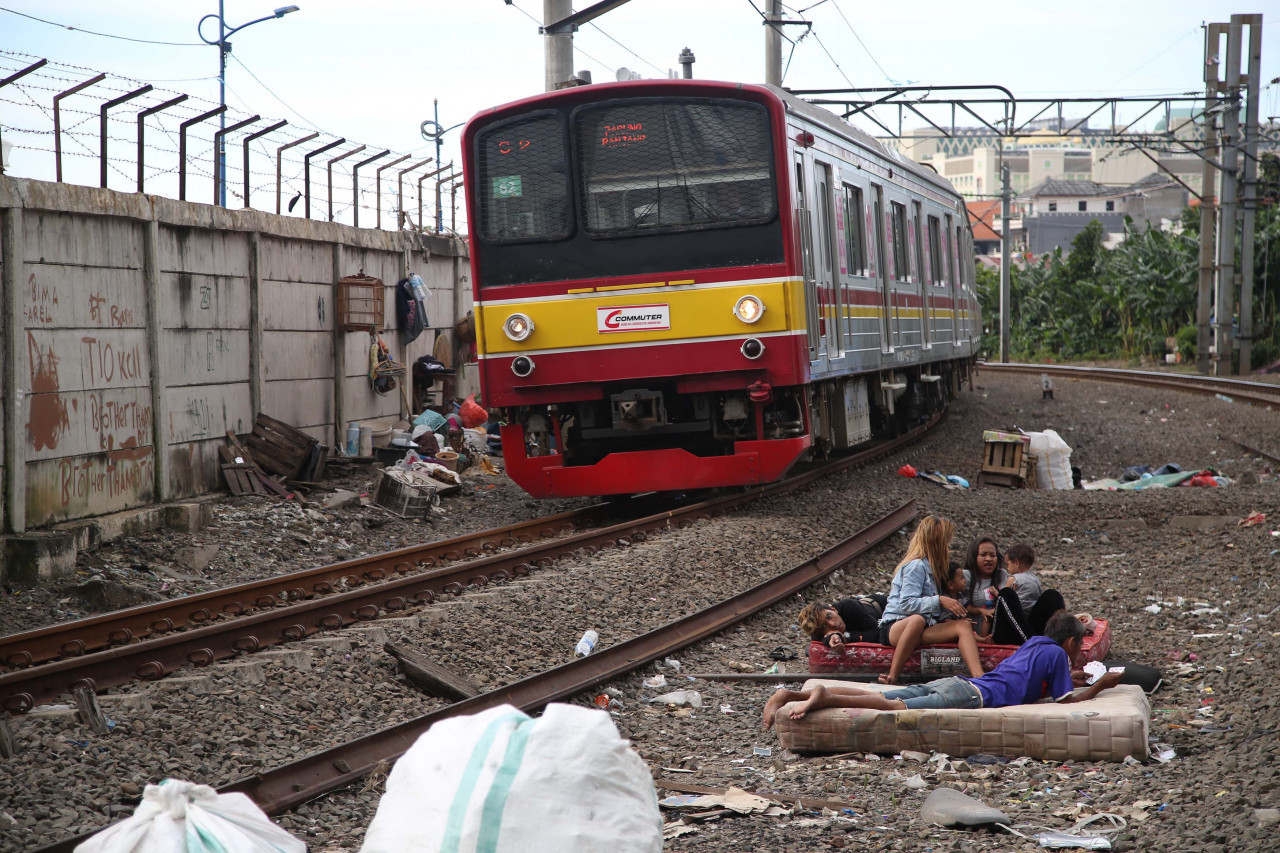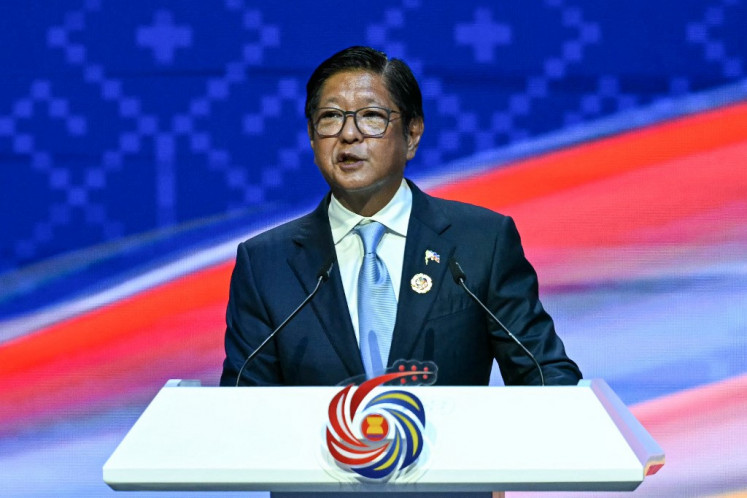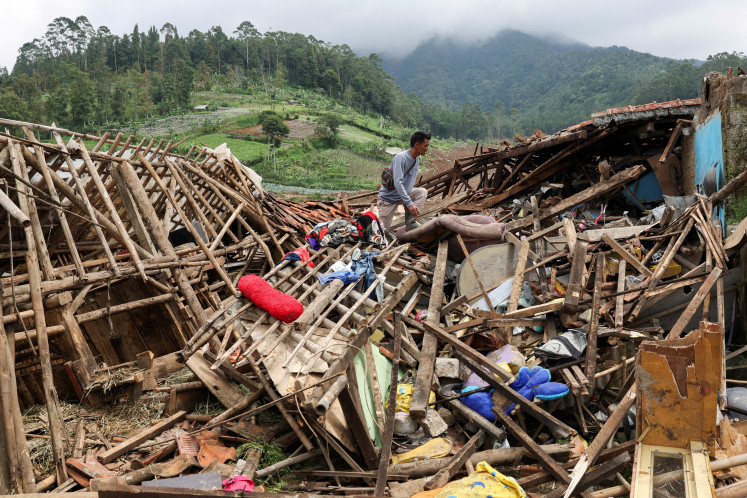Popular Reads
Top Results
Can't find what you're looking for?
View all search resultsPopular Reads
Top Results
Can't find what you're looking for?
View all search resultsOur 'reboot' moment
Indonesia's relegation to a lower-middle income country under the World Bank classification should give us pause to seek a better economic development model: one that refocuses our efforts on achieving prosperity together, in a spirit of more equal distribution.
Change text size
Gift Premium Articles
to Anyone
B
eing relegated from an upper-middle to a lower-middle income country has undone some of the progress Indonesia had made over the last two decades, when our economy grew to bring greater prosperity to the nation and its people. But rather than ruing this relegation in the World Bank’s classification of countries, we should take it in stride, with humility and retrospection.
This also gives us an opportunity to take another look at the economic development model that brought an average annual growth rate of 5 percent, but failed to address inequality, particularly in the way the fruits of development are shared.
A few days after the World Bank (WB) published its new country classification on July 1, The Jakarta Post headlined a news article that the COVID-19 pandemic had narrowed the wealth gap, citing a report by Credit Suisse.
This article also reveals, however, that the Gini ratio of wealth inequality was at a staggering 0.77. Meanwhile, the government’s inequality ratio on spending stubbornly remains at 0.38, with 0 representing perfect equality and 1 representing perfect inequality for both indexes.
Indonesia’s lower-middle classification was to be expected after the economy contracted 2.07 percent in 2020, the first time in two decades. It was also just last year that Indonesia, with a per capita income of US$4,050, made it into the upper-middle income group. According to the World Bank’s report, however, last year’s recession reduced per capita in Indonesia to $3,870.
Further, the World Bank’s per capita income range for this group was between $4,046 and $12,535 last year, whereas the 2021 upper-middle income range is between $4,096 and $12,695.
The pandemic has shrunk the economic pie, and while this has hurt the rich more than the poor, statistically speaking, the reality is that the rich are better cushioned against its impacts. The poor have ended up bearing most of the brunt, many through job loss, and have been sustained only by massive government spending on the COVID-19 social safety net programs.
More relevant than the averages that economists use is the data from Statistics Indonesia (BPS), which shows that the number of people living below the poverty line increased by 1.13 million to 27.55 million in September 2020. That happened during just the first six months of the pandemic. By the time the national statistics agency publishes its next poverty report, this figure is bound to have increased further as the pandemic relegates many more near poor households to the poor category.
Rather than dismissing Indonesia’s new classification as a temporary setback and expecting the country to bounce back to the upper-middle income group once the pandemic is over, we should use it to come up with a new economic model that relies less on driving the growth rate and more on making sure that the entire nation marches toward prosperity, together.
We have not seen any conscious move from the government in this direction. The job creation law and its plans on massive tax reform and government spending still focus too much on boosting economic growth through investment and spending.
If there is one thing to be learned from the pandemic’s economic fallout, it is that we cannot allow Indonesia’s poor masses to wait for the benefits to trickle down, like they did these past two decades.









